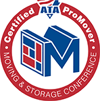Although the move cross country and the storage of the historic Alvin Sphere can be summarized in one sentence; in reality, it took months of dedication and planning to ensure it was a huge success. Two major reasons served as the bedrock for our decision-making process. Continue on to read the 3rd part of our series about the Alvin sphere, the Titanic and Victory Van.
Months and months of planning went into moving Alvin from the west coast to the east coast. Two major reasons served as the bedrock for our decision-making process:
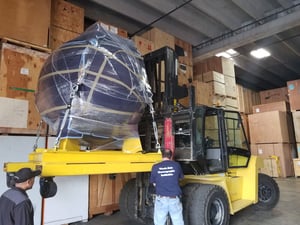
1.
The 8,000 pound size of the
sphere
2. Its extreme intrinsic and extrinsic national value
To ensure every piece of detail fit perfectly into our plan, we had to divide the project’s resources into four different components.
The project required two days of intense coordination to ensure the safe arrival of the Alvin Sphere at the National Geographic (NatGeo) Washington D.C. Headquarters.
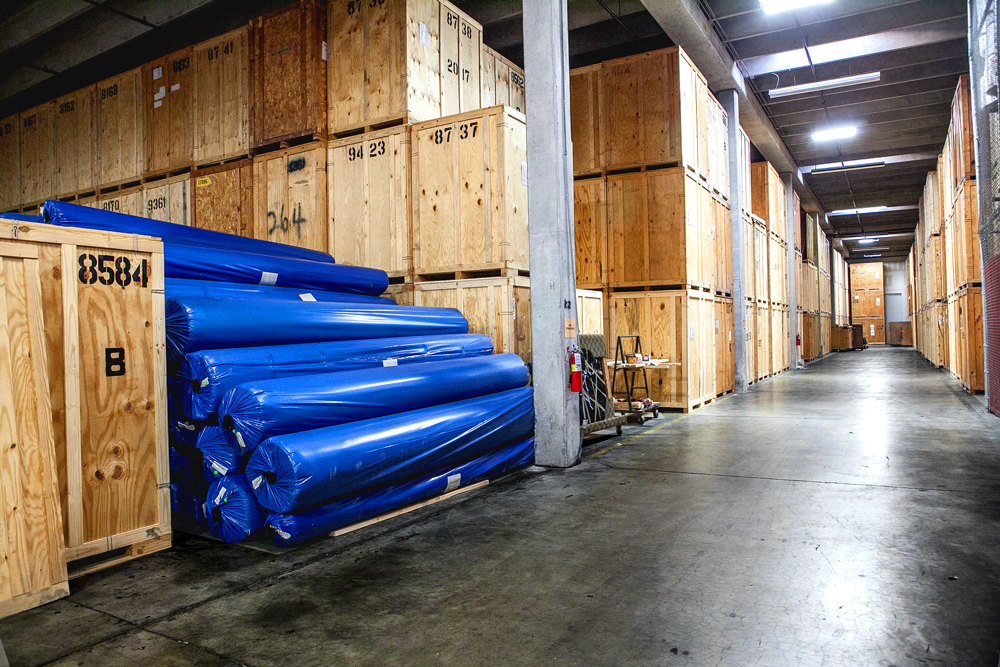
1. Storage facility: Victory Van is a state-of-the-art 500,000 square foot storage facility on the East Coast that is fitted with all the necessary safety and security features. We’ve got all the bases covered: from high-tech fire prevention and combatting systems to high-tech anti-theft systems.
Once National Geographic contracted us for the project, we had to reassess and optimize all the vital systems within our facility for optimal safety.
2.
Logistics and distribution
equipment: One
of the main causes of damage
and delays to commercial
goods transportation is
equipment malfunctioning or
breakdown. To prevent this
from happening, we made sure
our extra-large
forklifts and flatbed
trailers were all
serviced and ready to go.
Afterwards, we ensured all the designated Victory Van equipment had backups that were in good condition as a redundancy plan.
3. Human
factor:
Despite
all the possible preparations
done to ensure the safe
transport of this national
artifact, the project would
have been a disaster without
the experienced and
professional personnel
involved.
Victory Van had many practice runs, training, and updates on the project. We also had the Woods Hole Oceanographic Institution experts and engineers present to monitor its loading and transport to the NatGeo HQ.
4.
Timing: Due
to the high-profile
nature of this
project with the involvement
of the U.S.
Navy (the original
owners of the Alvin Sphere),
Woods Hole (the firm who is
responsible for it) and
National Geographic,
timeliness was a top priority.
We had to ensure every activity took place at the designated time and speed, with little room for variation.
From the arrival of the driver’s flatbed trailer to the fixing of the Alvin Sphere into its slot within the NatGeo HQ, everything was documented and accounted for down to the last minute.
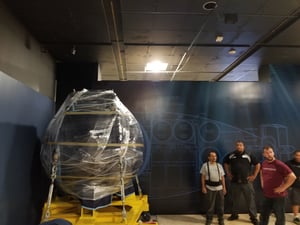
Victory Van met every requirement presented to them by NatGeo, from the deployment of highly efficient systems in storage and logistics to their impeccable service delivery, without a glitch.
Victory’s rapid electronic reporting systems, enabled via bar coding technology and combined with the unlimited access to the stored goods, created an excellent working environment.
National Geographic has now become a regular customer of Victory Van.
Victory Van Corporation is here to help any Washington, D.C. Northern VA or Maryland business with their moving or storage needs.
Call us at 1-800-572-3131 to speak with a team member. Or click below to request more information from us.
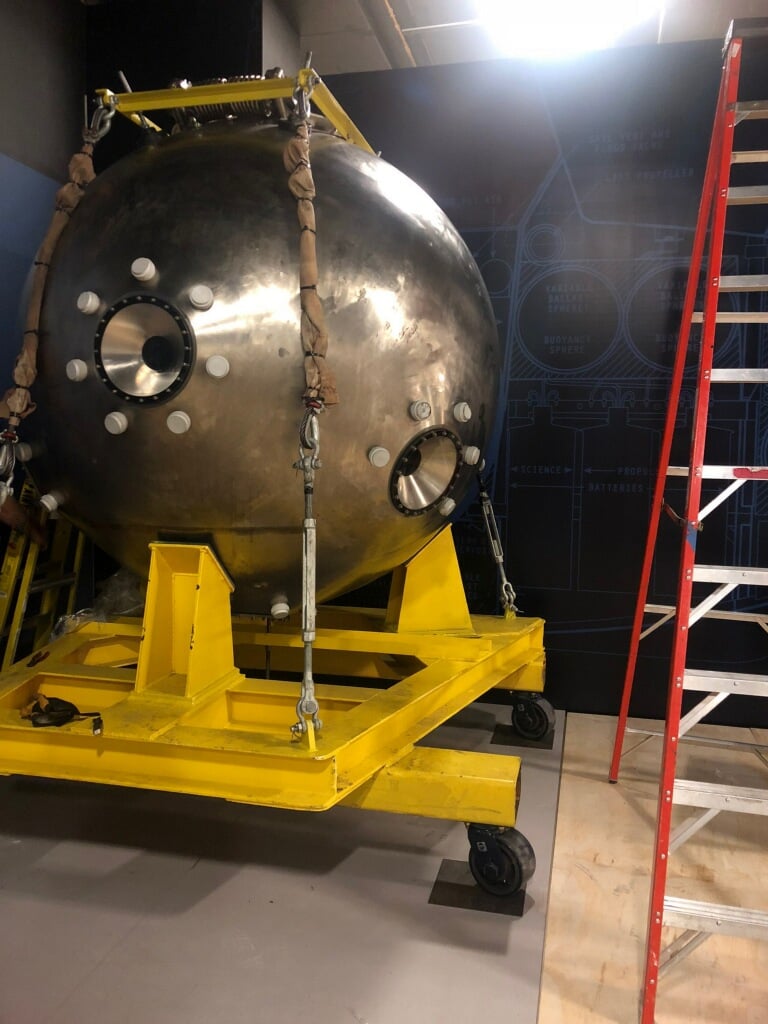






.png)





